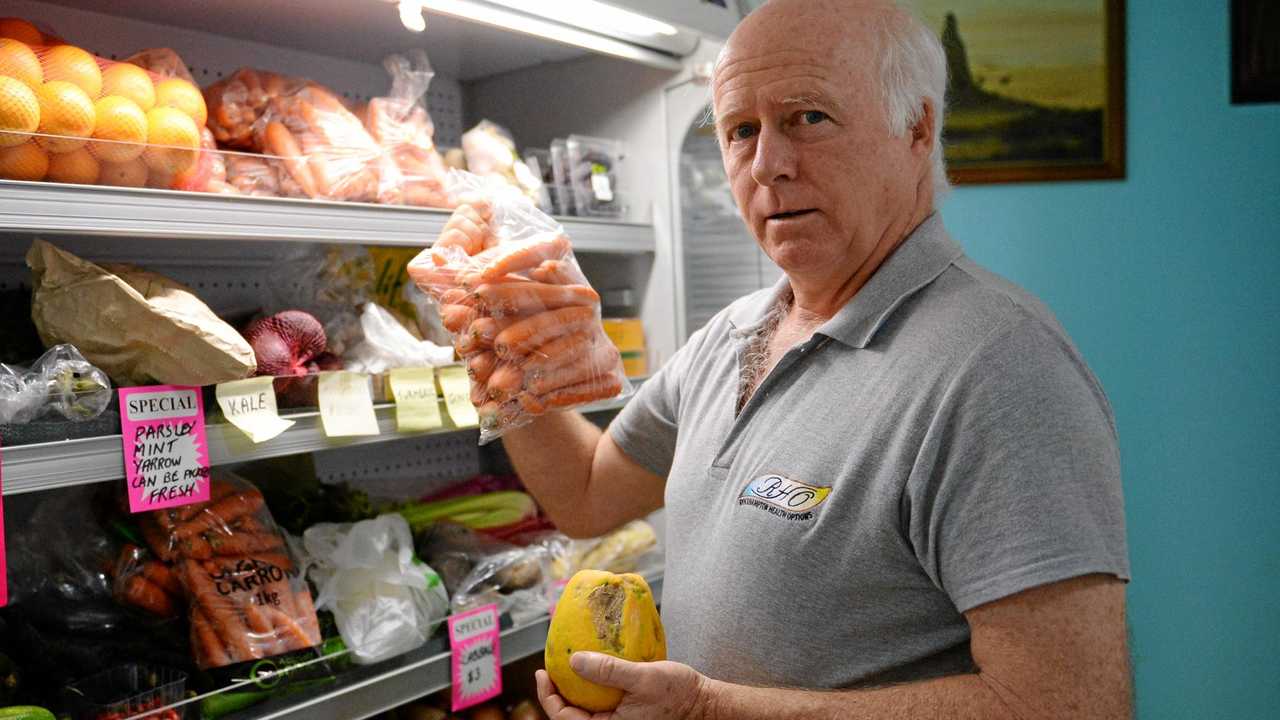A healthy lifestyle trumps misguided supplement use
Naturopath talks about concerns around supplements

Mackay
Don't miss out on the headlines from Mackay. Followed categories will be added to My News.
LAST Monday the ABC program, Four Corners, reported on consumer use of supplements in Australia. From a certain perspective, concerns that were raised appear reasonable.
Notably, there was concern raised regarding well-known personalities advocating particular products. The behaviour of consumers may be influenced by opinion of well-known personalities.
I am unconvinced regarding opinion of well-known personalities with good reason. Foremost, an athlete on the cusp of 50 years competitive athletics comes to mind. She has achieved exceptional athletic prowess, with her foundation being daily consumption of a health-promoting diet of wholesome foods. In view of this lifestyle investment, should supplements be advocated over a health-promoting diet?
Secondly, concerns arise regarding the use of supplements as performance enhancers. If intent is to raise performance in sporting capacity, academic capacity, or libido capability, there is some risk of exhausting your natural capacity. If natural capacity becomes exhausted, you may hasten or worsen chronic disease incidence. Sustained natural capacity with sport, academia and libido can be safely achieved with daily generous consumption of wholesome foods, particularly fruit and veges.
Broadly speaking, fruit and veges produced with good farming practices and in healthy soil, are a valuable source of vitamins. Vitamins are organic substances, which essentially aids natural growth and wellbeing. Although vitamins do not provide energy, they influence energy production to varying degrees.
A viewpoint that appropriately accredited practitioners should market supplements has some merit. For example, an appropriately accredited practitioner of phytotherapy should be the person marketing herbal products, to safeguard consumers. Online or overseas herbal products may possibly lack robust stringent regulations. Hazards such as heavy metals, pesticides, contamination or substitution becomes concerning with online or overseas herbal products.
Similarly, vitamin marketing should best occur via an accredited nutritionist. Vitamin C, if taken in large doses, has possible risks, which could adversely affect health. Suppositional information mentions that large doses of vitamin C may possibly result in birth defects, elevated iron absorption, kidney stones or tooth decay.
Furthermore, vitamin C has known interactions with some drugs. For instance, contraception products possessing oestrogen or Aspirin products, if taken frequently, may potentially lower vitamin C levels.
Certainly the World Health Organisation Traditional Medicine Strategy 2014-2023 emphasises the worth of long-established healthcare medicaments. Traditional naturopathy clearly focuses upon disease treatment and prevention along with sustainable health. Your role should preferably adopt sensible lifestyle choices rather than misguided supplement consumerism.
Originally published as A healthy lifestyle trumps misguided supplement use






